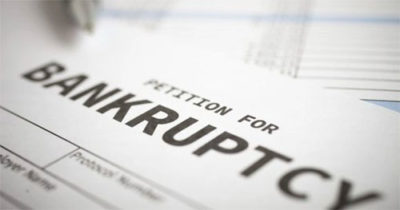The Truth About Bankruptcy
Homeowners should fully understand the long- term negative impacts that occur with bankruptcy. Many consider bankruptcy as an option to remain in their home, but in fact most people that file for bankruptcy very quickly find themselves facing foreclosure again. Often times your monthly mortgage payment will actually increase as a result of bankruptcy. If you were unable to afford your monthly mortgage payments prior to the bankruptcy filing, you most likely will still not be able to afford them unless you increase your monthly income.
Additional consequences of bankruptcy include:
- Your credit score could be reduced to less than “500” making it impossible to obtain a car and home loan, credit cards or lease a rental home for up to 7 years
- Many employers consider bankruptcy as a part of employment decisions
- Not all debt can discharged with bankruptcy. You will still be responsible for alimony, student loans and other creditor debt. Additionally these debts will most probably incur late payment penalties along with state and local taxes as well.
- You are still required to pay your monthly mortgage while in bankruptcy and your lender can foreclose on you if you don’t
- Common legal fees related to bankruptcy include up to $5000 for the original filing and on average >$500 monthly for administrating the bankruptcy

